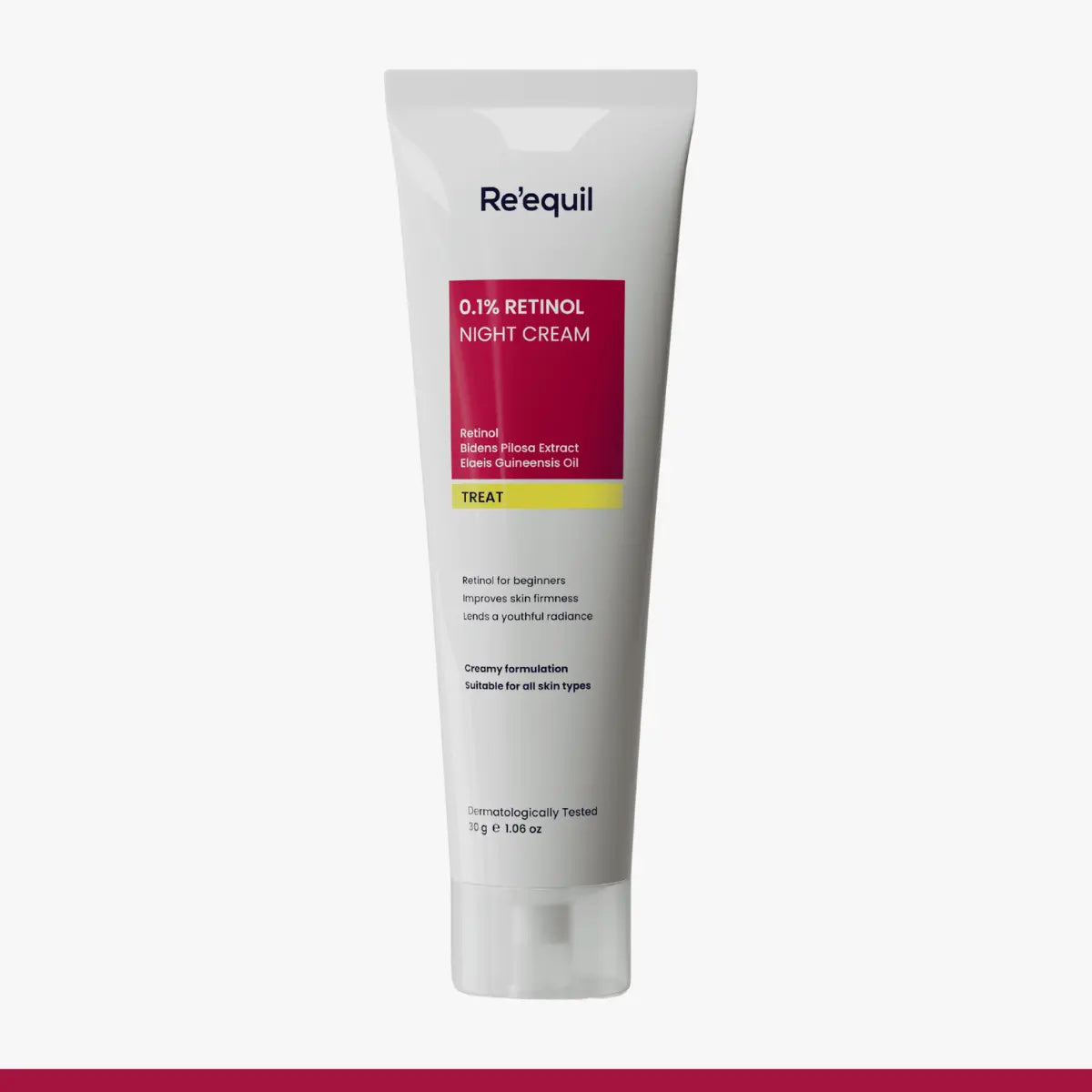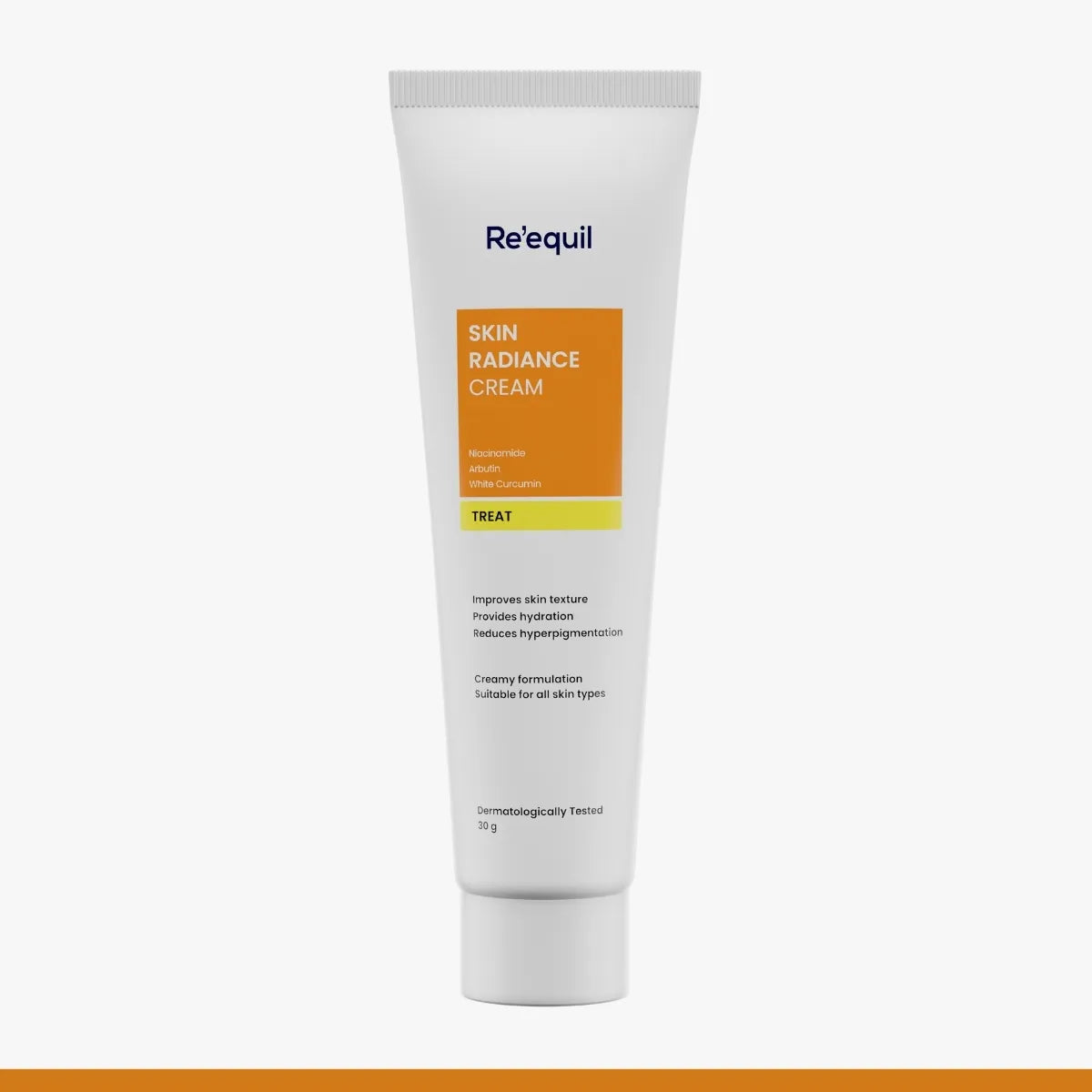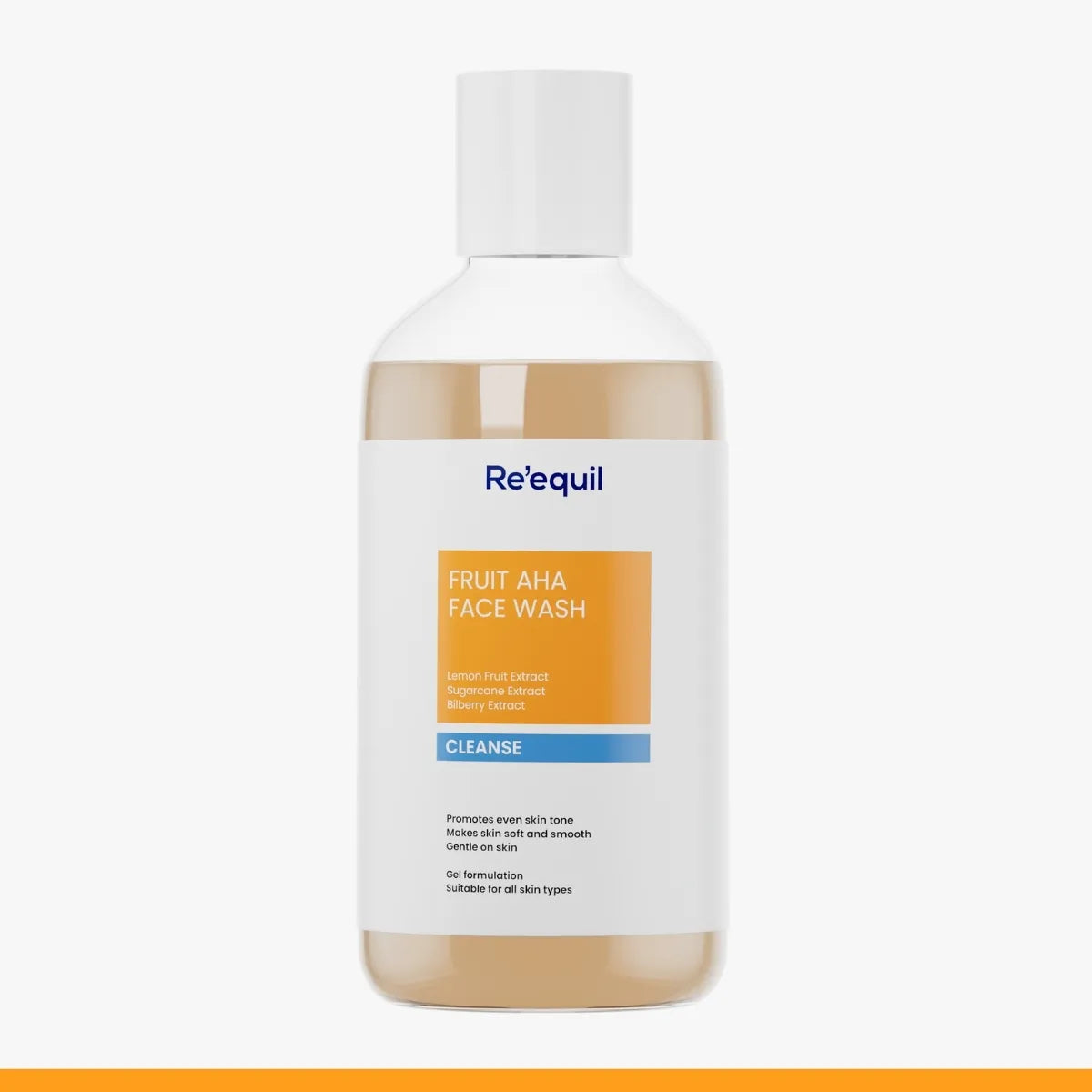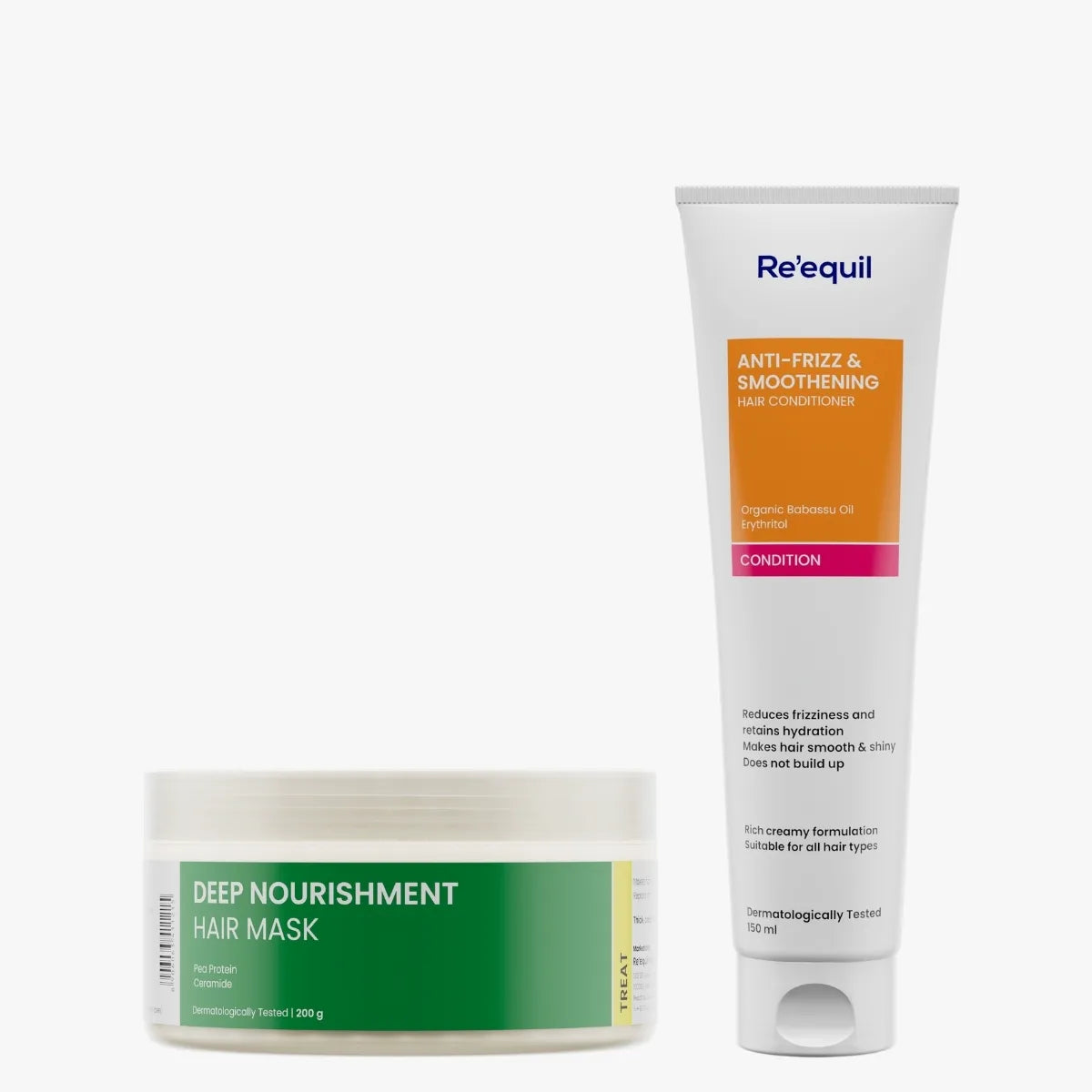Winter not only brings a decrease in temperature but also drier air, cold winds, and indoor heating. These factors can lead to skin dryness and exacerbate certain skin conditions. It's crucial to adjust your self-care routine to minimise the adverse effects of these weather changes. As a dermatologist, I'll share my winter self-care practices, along with tips to assist you in customising your winter self-care routine!
Important considerations before choosing your cleanser and moisturiser in winter
Most people don’t need an entire routine overhaul. Usually, just changing the cleanser, moisturiser, and sunscreen is sufficient to provide your skin with the hydration it needs during winter while also reinforcing your skin barrier.
Cleansers
Harsh cleansers can exacerbate skin dryness and compromise the skin barrier. Shift to gentle cleansers with a creamier formulation or cleansing lotions. These products are designed to be more hydrating and therefore less likely to strip the skin of its natural oils.
However, for people with oily skin or those living in coastal areas, gel cleansers are the preferred choice.
Moisturisers
Winter can alter skin types; for instance, oily skin may become combination, and combination skin can become dry.
Assess your skin's needs and adjust your moisturiser accordingly. Opt for moisturisers enriched with nourishing ingredients such as ceramides, hyaluronic acid, and glycerin to help retain moisture and fortify the skin's barrier.
- If you have very dry skin that is not prone to acne, look for moisturisers with plant butter like shea butter or cocoa butter.
- For sensitive skin, look for moisturisers containing colloidal oatmeal which is known for its soothing properties.
- For optimal hydration, apply your moisturiser to damp skin. This helps lock in the moisture from your damp skin, maximising the effectiveness of the moisturiser.
- Face oils are effective in sealing in moisture. Consider using them as the last step in your skincare routine to create a protective barrier and prevent moisture loss. Some common oils include jojoba oil, squalane oil, grapeseed oil and rosehip oil.
How should you optimise your skin care ingredients in winter?
Certainly, skincare ingredients offer benefits, but the dry and cold air of winter can heighten the risk of irritation. Thus, I recommend you to be cautious. Here are some tips on effectively optimizing Retinoids and other exfoliants like AHA or BHA during the winter season.
Retinoids
Retinoids are known to cause dryness and irritation - a term known as retinoid dermatitis, and this can be more prominent in winter. To combat this, you can look to shift to gentler versions of retinoids, decrease the concentration or look for more nourishing formulations, after speaking to your dermatologist.
- Gentle retinoids
Instead of prescription tretinoin, you can shift to granactive retinoid, retinal or retinol which are gentler on the skin.
- Concentration
Retinol is available in several concentrations and you can opt for a lower one in winter to minimise irritation.
- Formulations
Emulsions or retinol suspensions in oil can be more nourishing than serums.
Exfoliants
I recommend avoiding harsh, abrasive physical scrubs altogether and going with chemical exfoliants in winter.
You can opt for gentler chemical exfoliants or decrease the frequency of exfoliation.
- AHA
You can decrease the concentration of the exfoliant you are using or shift to gentler AHAs like lactic acid or mandelic acid instead of glycolic acid.
Lactic and mandelic acid have a larger molecule size compared to glycolic acid. Therefore, they do not penetrate as deep into the skin and are a gentler exfoliating alternative with similar benefits.
- BHA
You can use 1% salicylic acid in place of 2% or shift to betaine salicylate which is gentler.
- Enzymatic
This method utilises enzymes, typically derived from fruits like papaya or pineapple, to dissolve dead skin cells and promote a smoother complexion and is usually well tolerated even in sensitive skin.
Dermatologist’s favourite skincare hacks
Sandwich Method
This involves sandwiching your active ingredient (for example, retinol) between two layers of moisturisers to optimise its effectiveness while minimising potential irritation.
Begin with a hydrating layer such as a water-based serum or lightweight moisturiser. The second layer involves the application of your active ingredients.
The final layer is a thicker, emollient moisturiser that acts as a protective barrier and helps to lock in the benefits of your activity, while also preventing excessive dryness or irritation, and maintaining overall skin hydration.
Short Contact Therapy
Best for sensitive skin, this method allows the active ingredients to interact with the skin's surface without prolonged exposure, reducing the risk of irritation or adverse reactions.
Keep the active ingredient on your skin anywhere between 30 to 120 minutes depending on tolerance, then wash it off and apply moisturiser.
You can use a moisturiser before or after the active ingredient for hydration during the therapy.
Dr Manasi Shirolikar's skincare routine in winter
(My skin type - oily to combination, acne-prone)
AM Routine
- Gel cleanser
- Ceramide mist
- Serum (niacinamide or vitamin C)
- Prescription acne treatment (if needed)
- Moisturiser + Sunscreen (SPF 50)
PM Routine
- Double cleanse (cleansing balm/oil/micellar water + gel cleanser)
- Snail mucin essence on damp skin
- Serum (AHA, BHA, retinoid) or prescription acne treatment
- Moisturiser
How to transform your hair care routine for winter?

Oiling
Oils provide hydration and a protective layer to shield your strands from the harsh weather. Warm the oil slightly before application for better absorption. Massage it into your scalp and distribute it evenly through your hair. Opt for heavier oils like coconut, olive, or almond oil, especially during winter.
Shampoo
Choose a sulphate-free, moisturising shampoo to cleanse your hair gently. Sulphates can be harsh and contribute to further dryness. If you have a dandruff-prone scalp, consider using an anti-dandruff shampoo once a week. Rinse with lukewarm water as hot water can contribute to dryness.
Conditioner and hair mask
Conditioning becomes non-negotiable in the winter. Opt for a rich, hydrating conditioner and consider leaving it on for a few extra minutes for a mini hair mask effect or use a hair mask once a week. Ingredients like shea butter, argan oil, and keratin can work wonders in combating winter-induced frizz and brittleness.
Hair serums
These are lightweight, silicone-based products that seal in moisture and provide a smooth finish. Apply a small amount evenly through your damp or dry hair, focusing on the ends. Serums reduce frizz and also protect your hair from the dry, static-inducing effects of winter. Look for serums with ingredients like vitamin E or argan oil for added nourishment.
Essential lip care practices

Did you know lips do not have sebaceous or oil glands?
This is why they are more prone to dryness than our skin. Thus, to keep your lips healthy during winter, consider these -
- Avoid licking your lips
It's a common instinct to lick your lips when they feel dry, but this habit exacerbates the issue. When saliva evaporates, it leaves your lips even drier. Break the cycle by reaching for a nourishing lip balm instead of licking.
- Exfoliate gently
Dry, flaky skin can worsen chapping. Gently exfoliate your lips 1-2 times a week with a sugar scrub or soft toothbrush to remove dead cells and promote smoother, softer lips. Avoid harsh scrubs or rubbing your lips, as this can irritate them further.
- Moisturise regularly
Keep your lips hydrated by applying a moisturising lip balm during the day. Choose one with SPF to protect against the sun. Before bed, use a thicker lip balm or ointment to lock in moisture while you sleep. For a natural boost, try remedies like honey or mashed avocado.
Winter tips that aren’t skincare
Water intake
While you may not feel thirsty as often in colder weather, staying adequately hydrated is crucial year-round. Cold air tends to be drier, both outdoors and indoors due to heating systems. This dryness can affect your skin, mucous membranes, and overall hydration levels. Ensure you're drinking enough water to combat the dehydrating effects of winter.
Humidifier
Indoor heating systems contribute to the dryness of the air inside your home, which can impact your respiratory health and skin. Using a humidifier adds moisture to the air, helping to alleviate issues like dry skin, irritated nasal passages, and throat discomfort.
Takeaway
As the winter season blankets the world in its chilly embrace, our skin, body, lips, and hair deserve a little extra love and pampering. During the winter season, it's crucial to be attentive to changes in your skin type and adjust your skincare routine accordingly.
- Cleanse your skin gently to preserve natural oils; replenish moisture with effective moisturisers and creamy sunscreens.
- Avoid potent actives that may cause irritation and consider techniques like the moisturiser sandwich, short contact therapy, and slugging.
- Make adjustments in your hair care routine by using gentle shampoos, replenishing moisture with conditions and hair masks, protecting against the cold, and fortifying your strands against dryness and breakage with serums and oils.
Whether selecting the right body wash, sealing in moisture with hydrating lotions, or treating yourself to the luxury of body oil, these practices will maintain your skin's radiance and resilience even in the coldest months.
Winter care is not a one-size-fits-all solution; it's a personalised regimen tailored to your skin's unique needs. As a dermatologist, my goal is to equip you with the knowledge to make informed choices. Let your winter care routine be a holistic fusion of science and self-love, ensuring that your skin, body, lips, and hair not only endure but flourish in the winter chill.
For any skincare adjustments, it's recommended to patch-test and introduce new methods gradually. If you have specific concerns or persistent issues, consulting with a dermatologist can provide customised advice for your individual needs.






